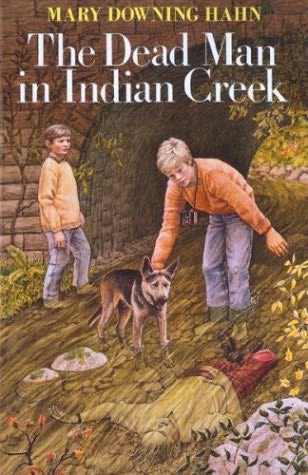Church and state are officially separate under the post-Soviet constitution, but Orthodox leaders seek a more muscular role for the church, which has served the state for much of its 1,000-year history.
Some nonreligious Russians complain that the church has tailored its doctrine to suit the government, which has justified Russia's retreat from Western-style democracy by saying the country has a unique history and culture.If so many Russians do not observe the Orthodox Church's doctrine and there is a separation of church and state in Russia, then how is it that this group thinks it has the right to decide what books are appropriate for everyone on the country? I understand the Russia has a very different social and political structure than Canada or the USA, and I do not claim that I know how to solve the problem, but at the core, freedom to read should be the same anywhere.
People deserve the right to read books and those who don't agree with the content can choose not to read the literature. Granted there are certain texts that go beyond common decency (the Pedophile's Guide to Love, for example), but these books are the exception to the rule and should be treated as such. Not every book about incest or pedophilia needs to be banned, because in the majority of cases, these themes are usually treated carefully by authors, and are usually not showing them as a "good thing."
In other news, a book in Bakersfield, CA is under attack by a few parents who believe the book is much too erotic to be on the shelves of school or public libraries. The book is What My Mother Doesn't Know by Sonya Sones and she writes about her disappointment in these attacks in the LA Times this week:
"Our young people should not have to be exposed to your erotic thoughts and feelings," one irate parent from Iowa wrote. "Your book should be removed from all junior high media bookshelves. That's what we will attempt to do here in Algona. We strive as a community to keep high morals and values."
And there were many other letters, including this one from a Texas woman:
"I am a 6th grade teacher, and had the unfortunate experience this past week of having your book discovered by a student in my classroom library. On any given page, vulgarity and filth can be found!... Freedom of speech and press doesn't give anyone the right to corrupt young, impressionable minds! I feel sorry for your children. Please stop writing such filth!"The part of the novel that is being attacked most is about a young girl who presses her newly grown breasts against a frosted window. She is exploring her new body and feeling new sensations. It may be unorthodox to some, but is this really enough to consider a book filth? Sones writes about how she put such content in her novel because she wanted young girls to see that experiencing new sensations in a post-puberty body is normal and part of growing up. Of course many parents seem to find this offensive, to which I say, "then don't read this book. And don't push your boobs against frosted glass!" Sones finishes up her article succinctly and with no real need for further explication, so here it is:
One mother of a 12-year-old daughter wrote me to crow about her success in having "What My Mother Doesn't Know" banned in Virginia. "I saw to it that the school took this book off the shelf, as well as all the others that you have written," she wrote. "I am not a book burner, but this book does not belong in middle school and maybe not even in high school!"
I don't have a problem with her forbidding her daughter to read my book. But imposing her personal beliefs on every child at the school makes her no better than a book burner. As the playwright and journalist Clare Booth Luce once put it: "Censorship, like charity, should begin at home; but unlike charity, it should end there."








